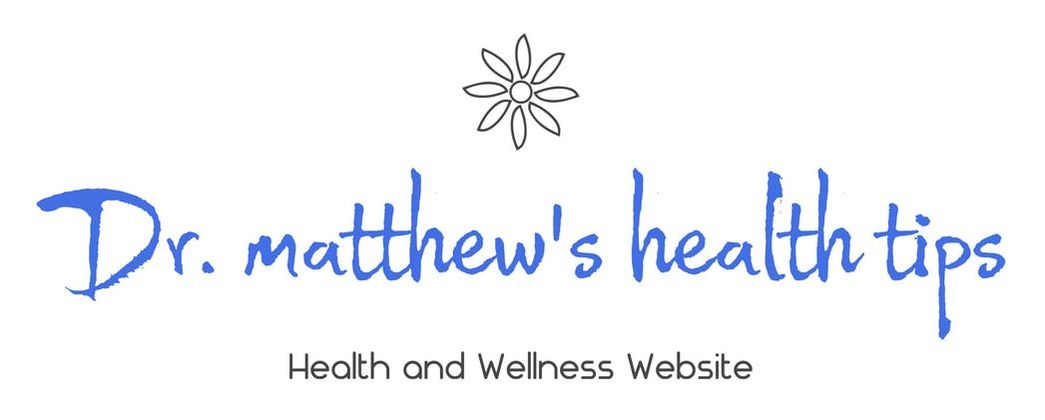|
Hypertension, also known as “High Blood Pressure”, is defined as a systolic blood pressure (SBP) of 140 mmHg or more, or a diastolic blood pressure (DBP) of 90 mmHg or more.
The terms systolic and diastolic refers to the contraction and relaxation of the heart respectively. (The letters “mmHg” stands for millimeters of mercury and is simply the unit used for measuring blood pressure.) A reading is usually written as 120/80 for example and both numbers are important. If the SBP or the number on top is 140 or higher or the DBP or the number below is 90 or higher, then your blood pressure is elevated. A person’s blood pressure is a relation between the force of the blood being pumped out of the heart and the resistance provided by the blood vessels around the body. Our blood pressure fluctuates occasionally for numerous purposes, but for reasons not fully understood, some persons have elevated blood pressures for longer periods of time. Persons who have persistently elevated blood pressures (days to weeks) are diagnosed with Hypertension. The diagnosis is made if there are at least two elevated blood pressure readings on two separate occasions. According to the World Health Organization (WHO), in 2008 40% of the global population over 25 years was diagnosed with Hypertension, with the highest rates found in the African region. Globally, black adults have the highest rates of hypertension. The reason why elevated blood pressure is so concerning is that, if left untreated it can damage the blood vessels in other organs in the body, particularly the heart, kidneys, brain, eyes and limbs. In other words, hypertension can lead to a heart attack, kidney failure, stroke, blindness and plaques that build up in the arteries of the legs cutting off blood supply. Most persons with hypertension have no symptoms, and it is known as “The Silent Killer”. If you or someone you know has hypertension, here are five tips I propose to better manage this condition. Tip #1: take your medication and take them on time Some persons admit that sometimes they simply forget. If you feel that you often forget to take your medication, develop a routine where you take your medication the same time everyday, in the morning is preferable. Tip#2: tell your doctor of any side effects of medication Few persons are non-compliant with medication because of side effects. This is reasonable; common side effects include cough and headache. It is absolutely ok to speak up and tell your doctor about the side effects you are experiencing, there are other types of antihypertensive medication that you can switch to. Tip#3: take your own blood pressure I encourage you to acquire your own electronic sphygmomanometer or “blood pressure machine” and to take your measurements often. There is also the option of visiting a clinic, pharmacy, nurse or any other means of getting your blood pressure checked. If you ever get a reading where the SBP (or top number) is 180 or higher or the DBP (or the bottom number) is 100 higher, your blood pressure is extremely high and you definitely should go to a hospital, clinic or doctor URGENTLY. Tip#4: keep a blood pressure diary Keeping a check on your blood pressure is vital. Usually, persons with hypertension see their doctor every 3 to 6 months to check their blood pressure, evaluate for any complications and adjust their medications accordingly. Your blood pressure on the day that you visit your doctor is not an adequate representation of how controlled your blood pressure has been over the last few months. For more accuracy, I recommend that you keep track of your blood pressure. Once a week to once a month is adequate, record the date, blood pressure reading, and the name and amount of medication you were taking at the time. This will give your doctor a better idea of how well your blood pressure has been controlled over the last few months. Tip#5: adopt a healthier lifestyle Research has proven that a variety of lifestyle changes can lower your blood pressure.
I hope these tips on HYPERTENSION were helpful; REMEMBER YOUR HEALTH IS INVALUABLE. By Dr. Lawarna Matthew
0 Comments
Leave a Reply. |
AuthorDr. J. Lawarna Matthew Archives
January 2021
Categories |
 RSS Feed
RSS Feed
